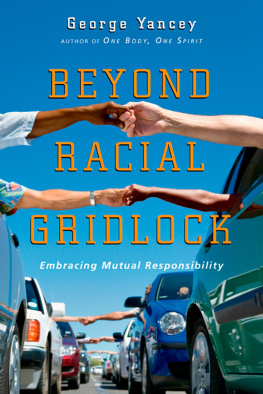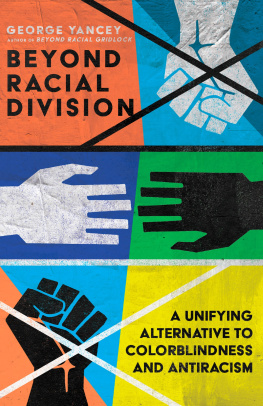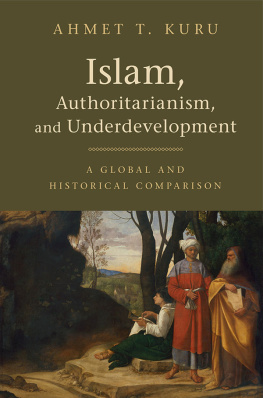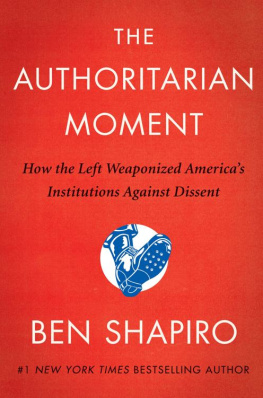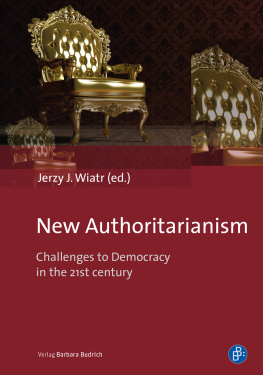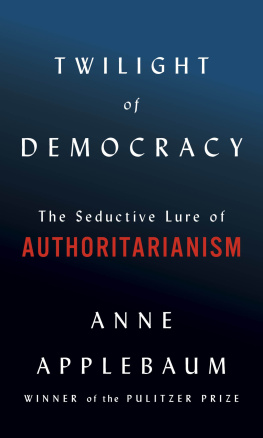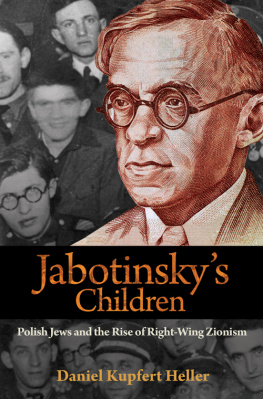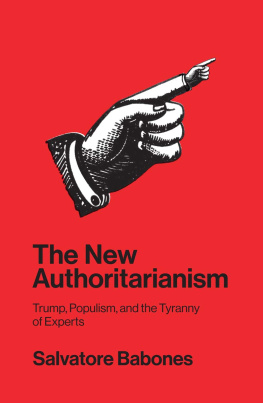George Yancey - Dehumanizing Christians: Cultural Competition in a Multicultural World
Here you can read online George Yancey - Dehumanizing Christians: Cultural Competition in a Multicultural World full text of the book (entire story) in english for free. Download pdf and epub, get meaning, cover and reviews about this ebook. year: 2014, publisher: Transaction Publishers, genre: Politics. Description of the work, (preface) as well as reviews are available. Best literature library LitArk.com created for fans of good reading and offers a wide selection of genres:
Romance novel
Science fiction
Adventure
Detective
Science
History
Home and family
Prose
Art
Politics
Computer
Non-fiction
Religion
Business
Children
Humor
Choose a favorite category and find really read worthwhile books. Enjoy immersion in the world of imagination, feel the emotions of the characters or learn something new for yourself, make an fascinating discovery.

- Book:Dehumanizing Christians: Cultural Competition in a Multicultural World
- Author:
- Publisher:Transaction Publishers
- Genre:
- Year:2014
- Rating:5 / 5
- Favourites:Add to favourites
- Your mark:
Dehumanizing Christians: Cultural Competition in a Multicultural World: summary, description and annotation
We offer to read an annotation, description, summary or preface (depends on what the author of the book "Dehumanizing Christians: Cultural Competition in a Multicultural World" wrote himself). If you haven't found the necessary information about the book — write in the comments, we will try to find it.
Right-wing authoritarianism has emerged as a social psychological theory to explain conservative political and religious movements. Such authoritarianism is said to be rooted in the willingness of individuals to support authority figures who seek to restrict civil and human rights. George Yancey investigates the effectiveness of right-wing authoritarianism and the social phenomenon it represents. He analyzes how authoritarians on both the right and the left sides of the sociopolitical spectrum dehumanize their opponents.
Yancey details earlier research on the phenomena of right-wing authoritarianism, asking whether its characteristics are inherently linked to religious and political conservatives. He presents his Christian dehumanization scale, and shows that those high in right-wing authoritarianism differ from those high in Christian dehumanization in one key aspect: they did not support authoritarian measures against conservative Christians.
Yancey argues that authoritarianism is a tool of a larger phenomenon of dehumanization. He notes that dehumanization is sometimes used by conservatives who wish to use authoritarian measures against political radicals. Dehumanization is also used by progressives who would like to use authoritarian measures against conservative Christians. Yancey paints a bold picture with troubling implications about our understanding of society; he also considers the possible public policy dimensions of his work.
George Yancey: author's other books
Who wrote Dehumanizing Christians: Cultural Competition in a Multicultural World? Find out the surname, the name of the author of the book and a list of all author's works by series.

